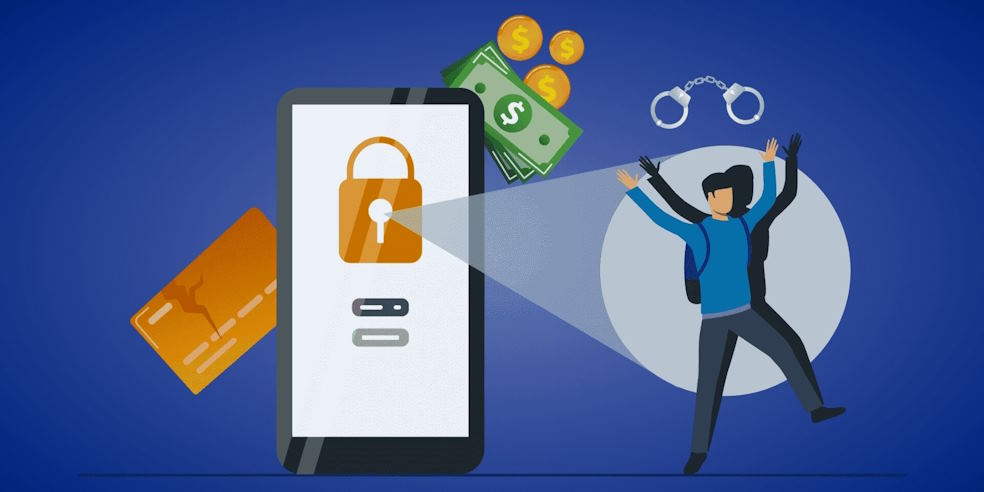As peer-to-peer (P2P) transactions gain popularity in the financial landscape, so do the risks associated with fraudulent activities. P2P fraud poses a significant threat to individuals conducting transactions through platforms facilitating direct user exchanges.
Understanding P2P Fraud
Peer-to-peer transactions involve directly transferring funds or assets between individuals without an intermediary. While this decentralized approach offers convenience, it also opens the door to various forms of fraud, including scams, identity theft, and deceptive practices. To navigate this landscape safely, users must be aware of common P2P fraud schemes and adopt proactive measures to mitigate risks.
Choose Reputable Platforms
Opt for well-established and reputable P2P platforms with a security and user protection track record. Research and read reviews before selecting a platform for your transactions to ensure it employs robust security measures.
Verify User Identities
Before engaging in any transaction, verify the identity of the other party. Many P2P platforms have user verification processes, and it’s essential to confirm the legitimacy of the person you are transacting with to prevent falling victim to impersonation or identity theft.

Use Secure Payment Methods
Utilize secure payment methods provided by the P2P platform. Avoid using methods that lack buyer or seller protection, as they may leave you vulnerable to fraudulent activities. Payment methods like escrow services can add an extra layer of security by holding funds until both parties fulfill their obligations.
Double-Check Transaction Details
Carefully review all transaction details before finalizing any payment or transfer. Ensure that the recipient’s information is accurate, and be wary of sudden changes in transaction terms. Scammers often attempt to manipulate users by altering details at the last minute.
Beware of Overpayments and Chargebacks
Exercise caution when dealing with overpayments or requests for chargebacks. Scammers may exploit these situations to trick users into refunding more than the agreed-upon amount, leaving the unsuspecting party at a financial loss.
Educate Yourself on Common Scams
Stay informed about common P2P fraud schemes, such as fake check scams, phishing attempts, and unauthorized access. Understanding the tactics employed by fraudsters can empower you to recognize and avoid potential threats.
Keep Communication within the Platform
Conduct all communication and transactions within the secure environment of the P2P platform. Avoid sharing personal information, such as email addresses or phone numbers, outside the platform to minimize the risk of phishing or social engineering attacks.



